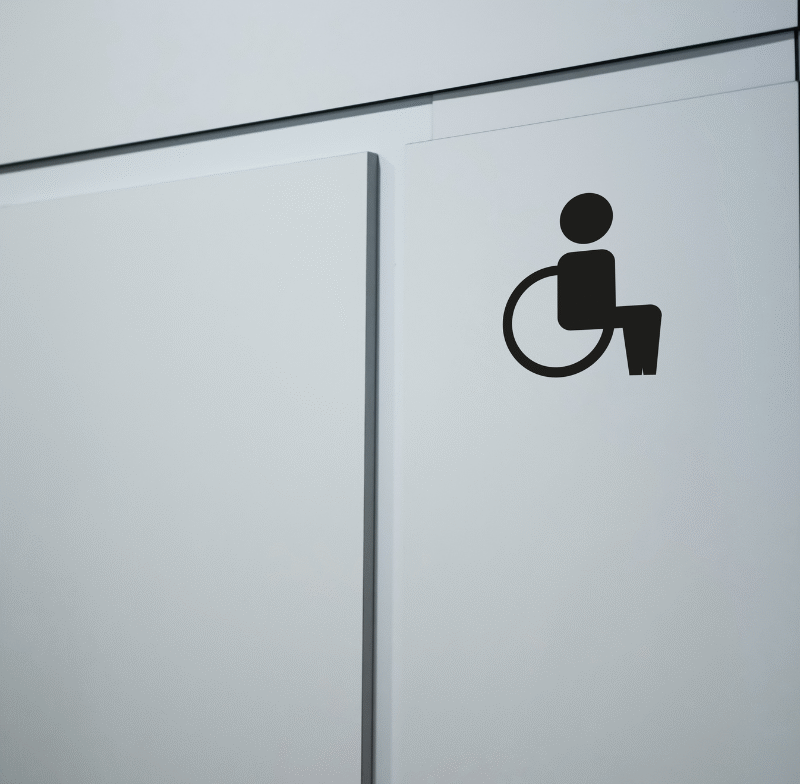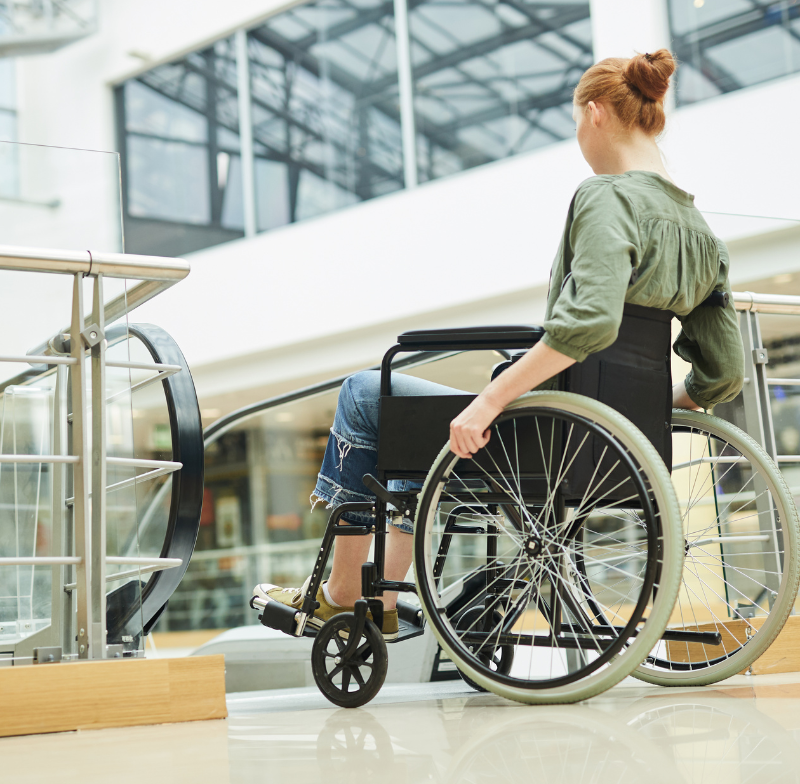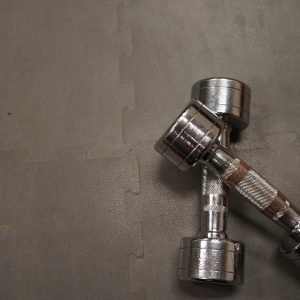Mobility scooters have become an essential mode of transportation for individuals with limited mobility, offering freedom, independence, and ease of travel. Whether you need a lightweight, portable scooter for occasional use or a heavy-duty model for all-terrain adventures, there are numerous options available to suit different lifestyles and budgets. But how to choose the right mobility scooter? This guide explores the variety of mobility scooters available, including key factors like carry weight capacity, range, price, reliability, comfort, and the pros and cons of owning one.
Understanding Mobility Scooters and Their Types
There is a wide variety of mobility scooters available, each designed to cater to specific needs. These include travel scooters, mid-size scooters, and heavy-duty scooters. Travel scooters are lightweight and foldable, ideal for transport in cars and aeroplanes. Mid-size scooters offer a balance of power and portability, suitable for daily use. Heavy-duty scooters provide increased stability, longer battery life, and the ability to handle rough terrain.
Monarch Storm: A Powerful and Reliable Option
One standout model among the variety of mobility scooters available is the Monarch Storm. Known for its durability and high performance, this scooter is designed for users who need a dependable and comfortable ride.
- Carry Weight Capacity: The Monarch Storm can support up to 25 stone (approximately 158 kg), making it suitable for heavier users.
- Range: With a full battery charge, the scooter can travel up to 25 miles, offering excellent range for extended outings.
- Price: The Monarch Storm is priced around £2,500, depending on the retailer and additional features.
- Reliability: This scooter is known for its sturdy construction and high-quality components, ensuring long-term reliability.
- Comfort: The adjustable captain’s seat, padded armrests, and suspension system contribute to a smooth and comfortable ride.
Comparing Other Mobility Scooters
While the Monarch Storm is an excellent choice, other models may better suit different needs. Below is a comparison of popular types of mobility scooters available:
Travel Scooters
- Carry Weight Capacity: Usually between 18-21 stone (114-133 kg).
- Range: Typically 8-12 miles per charge.
- Price: Between £600 and £1,500.
- Reliability: Designed for occasional use and smooth surfaces.
- Comfort: Basic seating, with less padding and suspension.
- Pros: Lightweight, portable, ideal for short trips and travel.
- Cons: Limited range, lower weight capacity, less comfortable on rough terrain.
Mid-Size Scooters
- Carry Weight Capacity: Around 20-25 stone (127-158 kg).
- Range: Between 15-20 miles per charge.
- Price: Between £1,500 and £3,000.
- Reliability: Suitable for daily use, with a balance of portability and durability.
- Comfort: More padding, improved suspension, and better seating support.
- Pros: Good range and stability, comfortable for daily activities.
- Cons: Heavier than travel scooters, may require a ramp or lift for transport.
Heavy-Duty Scooters
- Carry Weight Capacity: Up to 35 stone (222 kg) or more.
- Range: 20-30 miles per charge.
- Price: £3,000 to £5,000+.
- Reliability: Extremely durable, suitable for rough terrain and extended use.
- Comfort: High-back seating, suspension, and ergonomic controls.
- Pros: Excellent stability, long-range capability, comfortable for all-day use.
- Cons: Large and heavy, difficult to transport without a specialized vehicle.
Key Factors to Consider When Choosing a Mobility Scooter
Carry Weight Capacity
One of the most important factors to consider when selecting a mobility scooter is its weight capacity. Users should choose a model of mobility scooter that supports their weight while also allowing for additional load, such as shopping bags or accessories. Travel scooters typically support lower weights, while heavy-duty models cater to larger individuals.
Range
The range of a mobility scooter determines how far it can travel on a single charge. For those who only need a scooter for short trips, a lower-range model will suffice. However, users who plan to travel long distances should opt for a scooter with at least 20 miles of range to avoid frequent recharging.
Price
Mobility scooters range from budget-friendly options under £1,000 to high-end models exceeding £5,000. While cost is an important consideration, it’s essential to balance affordability with quality, reliability, and comfort. Investing in a well-built scooter can save money on maintenance and replacements in the long run.
Reliability
A mobility scooter should be dependable, especially for users who rely on it for daily activities. Key indicators of reliability include battery life, build quality, and warranty coverage. Reputable brands like Monarch, Pride, and Drive offer models known for their durability.
Comfort
Comfort is a crucial factor, particularly for users who spend long periods on their scooters. Features like padded seats, adjustable armrests, ergonomic controls, and suspension systems enhance the riding experience. Heavy-duty and mid-size scooters generally provide better comfort than travel scooters.
Pros and Cons of Owning a Mobility Scooter
Owning a mobility scooter offers numerous benefits, but there are also some drawbacks to consider.
Pros:
- Increased Independence: Users can travel without relying on others, improving their quality of life.
- Accessibility: Scooters provide access to shopping centers, parks, and public spaces that might otherwise be challenging to navigate.
- Comfortable Travel: With adjustable seats and smooth suspension, modern scooters ensure a comfortable ride.
- Variety of Choices: With many types available, users can find a model that fits their specific needs.
- Eco-Friendly: Battery-powered mobility scooters produce zero emissions, making them environmentally friendly.
Cons:
- Initial Cost: High-quality scooters can be expensive, especially heavy-duty models.
- Maintenance: Regular battery charging, tire checks, and servicing are required to keep the scooter in good condition.
- Storage Space: Larger models take up significant space and may not be practical for small homes.
- Transport Challenges: Some scooters require ramps or lifts for transportation in a vehicle.
- Weather Dependence: Scooters may not perform well in extreme weather conditions, such as heavy rain or snow.
Conclusion: Finding the Right Mobility Scooter
With a variety of mobility scooters available, selecting the right one depends on individual needs, budget, and lifestyle. The Monarch Storm is a strong contender for those seeking reliability, comfort, and range, while travel scooters offer portability for frequent travellers. Mid-size and heavy-duty scooters provide additional stability and longer range for daily and outdoor use.
When purchasing a mobility scooter, it’s important to assess carry weight capacity, range, price, reliability, and comfort to ensure the best fit. While owning a scooter provides independence and ease of travel, factors like storage, maintenance, and transportation should also be considered.
For those looking to invest in a high-quality mobility scooter, researching various models, reading customer reviews, and testing different options can help ensure a satisfying purchase. With the right scooter, users can enjoy greater freedom and improved mobility in their daily lives.
We hope you enjoyed this post on how to choose a mobility scooter. For something similar from me, see Best Times to Do Your Shopping If You Are Disabled in the UK.
Discover more from The Blue Badge Blog
Subscribe to get the latest posts sent to your email.




Leave a Reply